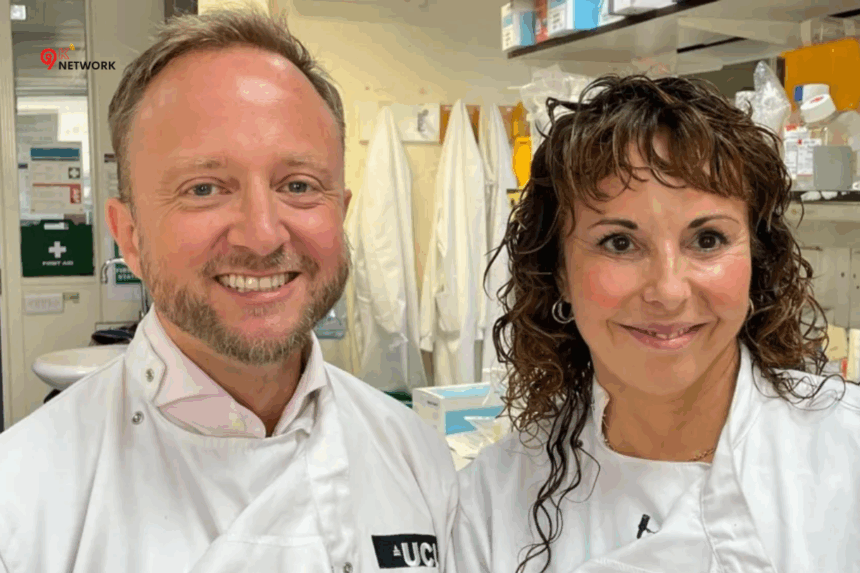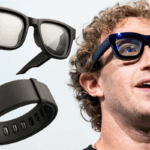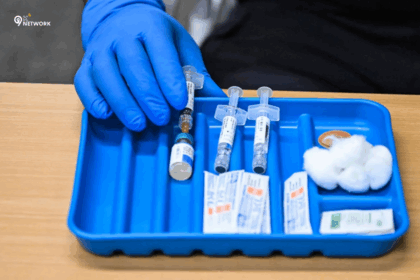Huntington disease, a devastating neurodegenerative disorder, has long eluded curative treatments. For the first time in medical history, scientists have successfully treated Huntington’s disease, offering new hope to patients, families, and the research community worldwide. This groundbreaking development could transform how we manage this fatal genetic disorder.
Understanding Huntington’s Disease
What Is Huntington’s Disease?
Huntington disease (HD) is a progressive genetic disorder that affects the brain’s nerve cells, causing motor dysfunction, cognitive decline, and psychiatric issues. Patients often experience involuntary movements, mood swings, memory loss, and difficulty with reasoning and planning. Over time, these symptoms severely impact daily life and independence.
Huntington Disease Symptoms
The symptoms of Huntington’s disease typically manifest between ages 30 and 50 but can appear earlier or later. Common signs include:
- Motor Symptoms: Uncontrolled jerking movements (chorea), impaired coordination, and difficulty swallowing.
- Cognitive Symptoms: Memory loss, poor judgment, and difficulty concentrating.
- Psychiatric Symptoms: Depression, anxiety, irritability, and social withdrawal.
Genetic Basis of Huntington’s Disease
Huntington disease is caused by a mutation in the HTT gene, which leads to the production of a defective huntingtin protein. This abnormal protein accumulates in brain cells, causing progressive damage. HD follows an autosomal dominant inheritance pattern, meaning that children of an affected parent have a 50% chance of inheriting the disorder.
The Groundbreaking Treatment: AMT-130 Gene Therapy
What Is AMT-130?
The revolutionary treatment involves AMT-130, an experimental gene therapy developed by uniQure. AMT-130 works by delivering therapeutic DNA directly into the brain using a viral vector. This therapy aims to reduce the production of the harmful huntingtin protein, slowing disease progression at the source.
Clinical Trial Results
In a recent Phase III clinical trial, 29 patients with early-stage Huntington’s disease received AMT-130. The outcomes were astonishing:
- 75% slowdown in disease progression over three years.
- Reduction in neurofilament light chain levels, a biomarker indicating neuronal damage.
- Improved motor and cognitive function compared to untreated patients.
These results mark the first successful treatment of Huntington disease, offering hope where no disease-modifying therapy previously existed.
Safety and Efficacy
The trial reported that AMT-130 was generally well-tolerated. Unlike symptomatic treatments that only manage specific symptoms, this gene therapy addresses the underlying genetic cause, potentially altering the disease course.
Implications for Patients and Families
What Does This Mean for Patients?
For those diagnosed with Huntington disease, AMT-130 could significantly delay symptom onset and improve quality of life. Patients may maintain independence longer, experience fewer severe motor impairments, and enjoy enhanced cognitive abilities.
Broader Impact
This breakthrough may also influence genetic testing, early diagnosis, and participation in future clinical trials. Families affected by HD now have new hope that a lasting treatment is within reach.
Next Steps in Treatment and Research
Regulatory Approvals
Researchers and pharmaceutical companies are working to secure FDA and EMA approvals, which could make AMT-130 available globally. Widespread access could help thousands of patients around the world.
Ongoing Research
Scientists continue to study long-term effects, refine dosing strategies, and explore alternative delivery methods. Ongoing research will determine how gene therapy can be integrated with existing care approaches to maximize patient outcomes.
Frequently Asked Questions (FAQ)
Q1: Is Huntington’s disease fatal?
Yes, Huntington disease is a progressive, fatal disorder, typically leading to death within 15–20 years of symptom onset.
Q2: What are the first signs of Huntington’s disease?
Early symptoms include subtle changes in coordination, mood swings, and difficulties with memory or concentration.
Q3: How common is Huntington’s disease?
HD affects approximately 7,000 people in the UK and 30,000 in the U.S., with thousands more at risk due to inherited gene mutations.
Q4: Is Huntington’s disease dominant?
Yes, it follows an autosomal dominant inheritance pattern, meaning each child of an affected parent has a 50% chance of inheriting the disease.
Q5: What are the current treatment options for Huntington’s disease?
Before AMT-130, treatments focused on managing symptoms through medication, physical therapy, and psychiatric support. Gene therapy now offers the first potential disease-modifying option.
Conclusion
The successful treatment of Huntington disease represents a monumental milestone in medical science. AMT-130 gene therapy not only slows disease progression but also opens the door for further breakthroughs in genetic disorders. For patients, families, and researchers, this achievement signifies hope, progress, and a brighter future for managing Huntington disease.
articles on gene therapy advancements on 9knetwork.com


















